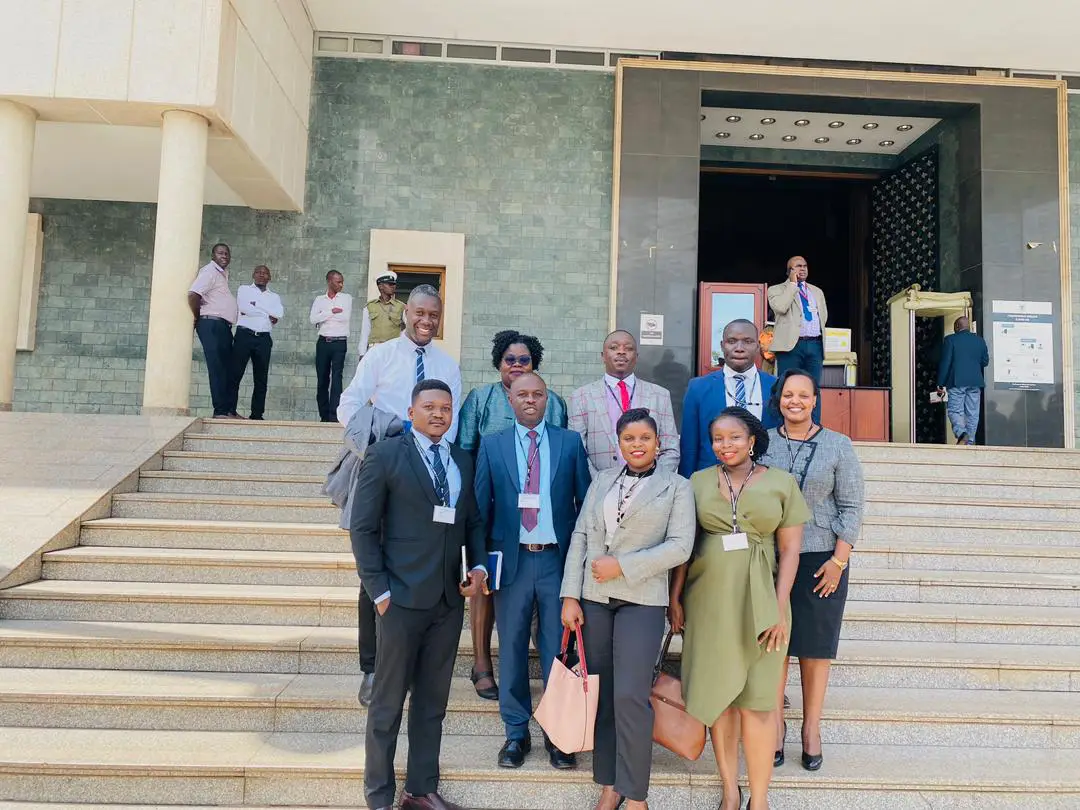In a significant move, the motion for the Human Resource Managers’ Professionals Bill 2023 was officially presented to the 11th Parliament of Uganda on August 23, 2023. The purpose of this motion was to request parliamentary approval to introduce a private members bill aimed at establishing regulatory measures for Human Resource Management professionals across the country.
Following due process, the request was granted with a 60-day window during which the bill and its findings will be thoroughly examined before being formally presented to Parliament.
This development marks the inception of a transformative series of participatory engagements at various levels, ultimately culminating in the regulation of the Human Resource Profession through an Act of Parliament.
The motion was presented by MP Margaret Rwabushaija Namubiru, the Member of Parliament representing Workers. Namubiru expressed her concern over the current absence of a legal framework that oversees the practice of human resource management in Uganda. This absence has resulted in the lack of a regulatory body responsible for establishing and upholding professional standards and a code of conduct for Human Resource Management professionals.
Namubiru highlighted that this absence has led to a situation where the management of a crucial workplace resource operates under inconsistent professional standards, resulting in a surge of unprofessional conduct cases among Human Resource Management practitioners. This discrepancy has also contributed to challenges in performance management and an increase in industrial court cases.
The significance of this motion was emphasized by the presence of the Human Resource Association of Uganda Governing Council. The council members, including Ronald Kibuuka Bbosa-President, Shamim Walusimbi-Vice President, and James Walusimbi-Director Programs, bore witness to this pivotal moment in Uganda’s professional milestone.
According to Bbosa, Uganda’s economic growth and development curve are inseparably tied to the quality of its human resources. The effective execution of the country’s development plans and the achievement of organizational strategic goals hinge upon a workforce that is skilled, motivated, and proficient.
He added that, this transformation is expected to yield enhanced output and more timely service delivery, bolstering Uganda’s commitment to the United Nations Sustainable Development Goals, Vision 2040, and the National Development Plan III.
Given the growing dynamics of the Human Resource Management function, shaped by social, economic, legal, political, and technological innovations at regional and international levels, there is a compelling need to professionalize this domain in Uganda through comprehensive regulation.
The proposed measures include the establishment of a regulatory body for the profession, the setting and enforcement of uniform professional standards, the formulation of a professional code of conduct, and the implementation of robust mechanisms for handling complaints.
As Uganda embarks on this crucial journey towards regulating the Human Resource Management profession, it is poised to create a more conducive and accountable professional environment. This stride towards standardization not only elevates the stature of the profession but also promises a positive ripple effect on the nation’s economic development and its pursuit of overarching developmental objectives.

